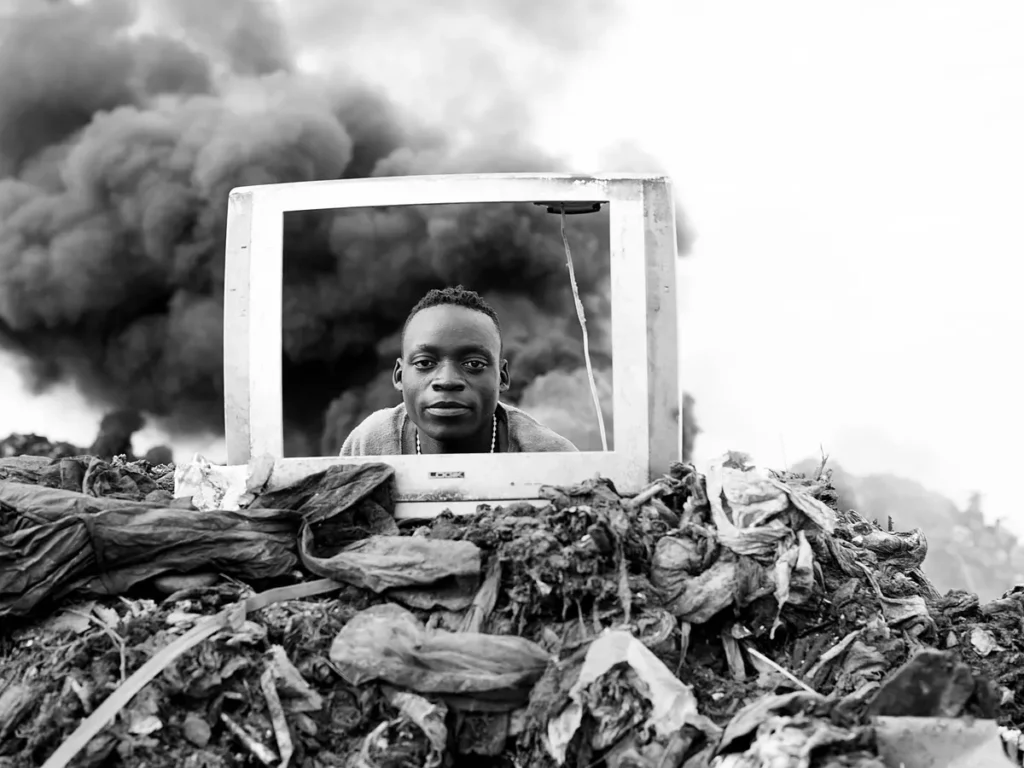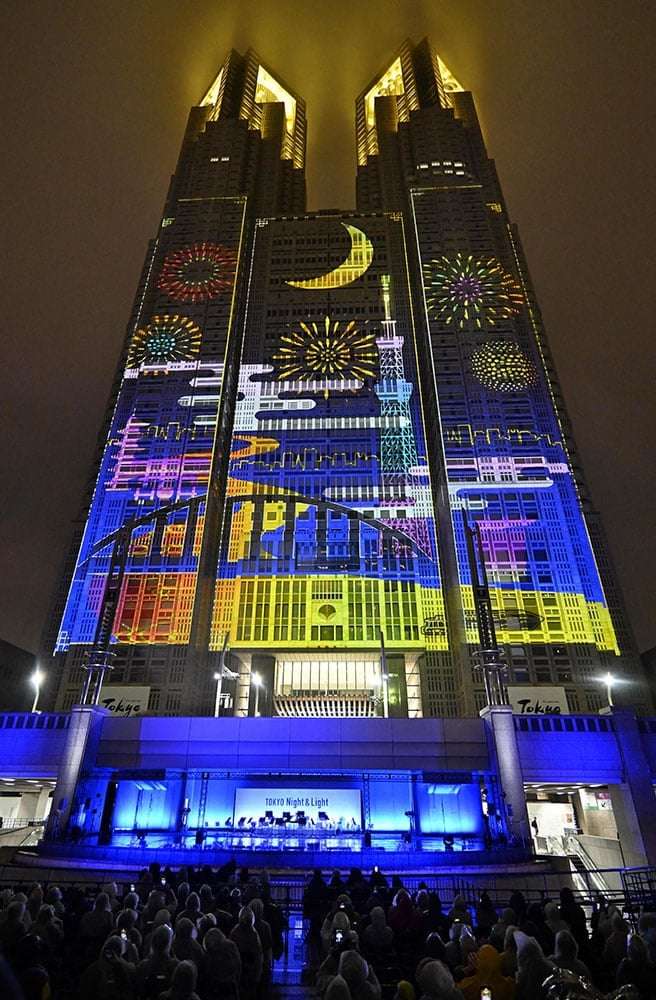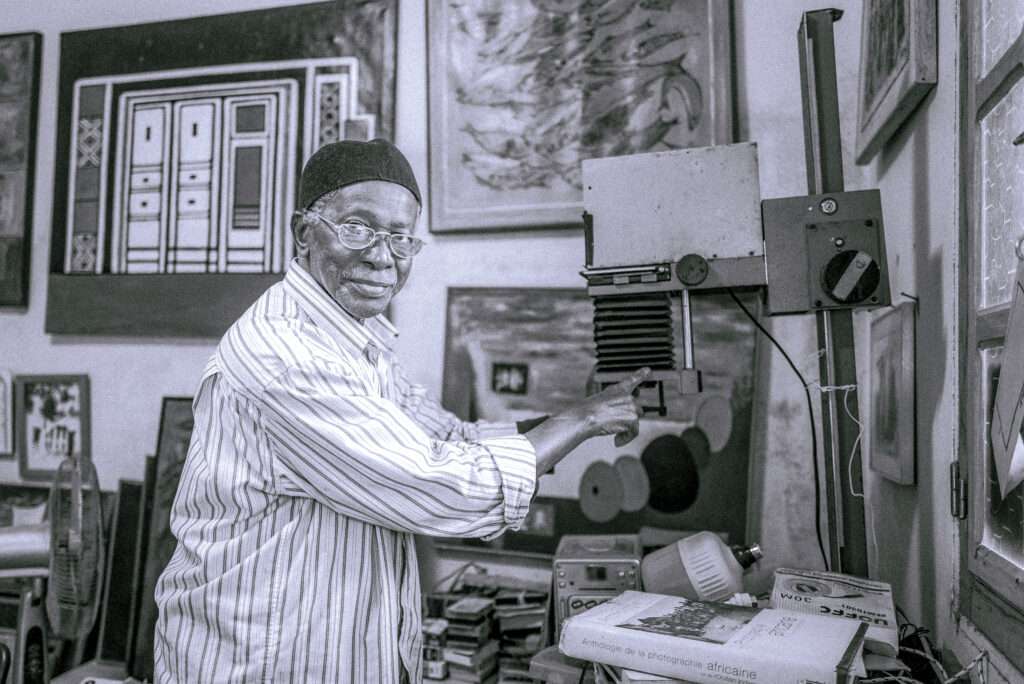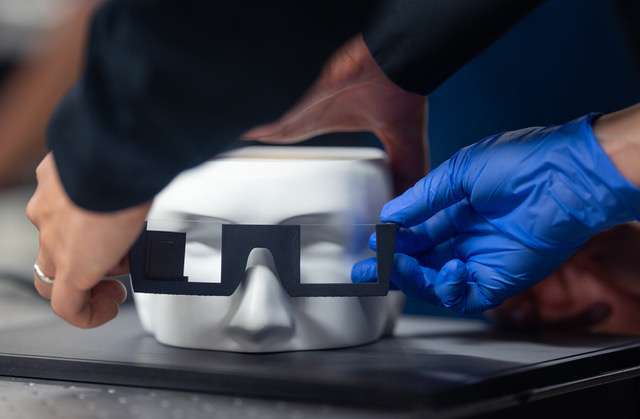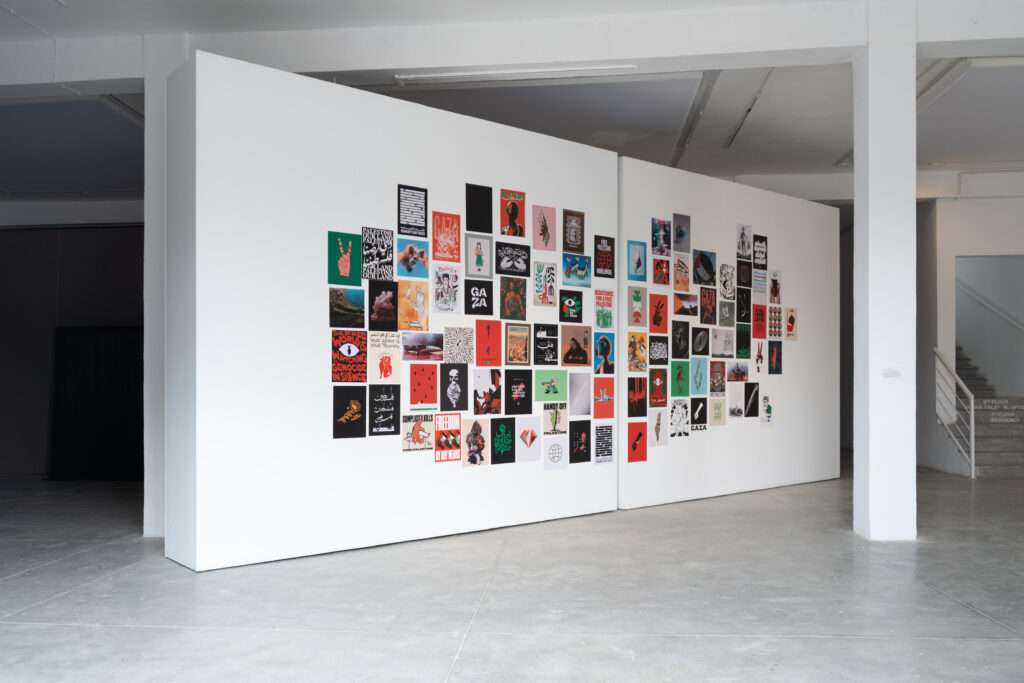In his new exhibition entitled ” imediatismo” (Immediacy), photographer Mário Macilau reveals in his black and white portraits the soul of those ignored in the unbridled exploitation of resources.
The “worn”, pale faces and bodies show the perfection of the wrinkles of those who see age and life advancing, everything around them turning to dust and into an abyss where all of man’s ambitions and greed fit. Looking at the faces presented to us, you can see the poverty of the people in places rich in mineral resources, for example.
In their gaze, in the simple, innocent features of children and the elderly, you can see a whole chain of hopelessness in Macilau’s work. The photographer seeks to expose more than the evidence of the bodies, he takes us inside the characters’ souls, instigating the viewer to read the narrative of the lives he represents, “black and white”. He explained the choice of this two-colour path: “Black and white makes for a stronger connection (…). It makes an image timeless, almost like a memory.“
The set of photographs looks at consumerism and the victims of a system that has been controlling lifestyles and societies for years. The faces of people burdened and clad in silence and what the brute force of labour represents are not exactly denunciations, they are above all a glimpse into the harsh reality of the voracity of capitalism, which is advancing and dragging people, places, quality of life, expectations and the future down with it, once the abundance of other vital resources such as water, the quality of the soil for agriculture and the air has been affected.
Macilau, who is a reference for reaching out to the “Imediatismo”, the men, women and children on the peripheries of the world, marginalised and sold at the price of illusion, once again tries to take a provocative approach. In “Imediatismo” he perhaps returns to the environmental issue, more in the reconfigured way that people in places of abundant resources are insignificant and invisible in the face of coal, gas, oil or other minerals that really matter to consumer society and large corporations. In this sense, what is exposed is also the other side of resource deals and contracts that devalue populations. The photographer himself has said that he uses his lens as a “tool for social intervention”.
Although he photographs these marginalised people – in the sense of living on the margins, but also in precarious living conditions – Macilau tries to give them dignity and personality. That’s why some of these characters are presented to us with their utensils, others with stylish props and accessories. Even the most wrinkled faces are not screaming or despairing, they are above all living souls, belonging to a place and watching the changes amid promises and expectations of a better future, which contrasts with what they see.
The exhibition can be seen until 10 May at the Franco-Mozambican Cultural Centre in Maputo.
Text by Eduardo Quive


